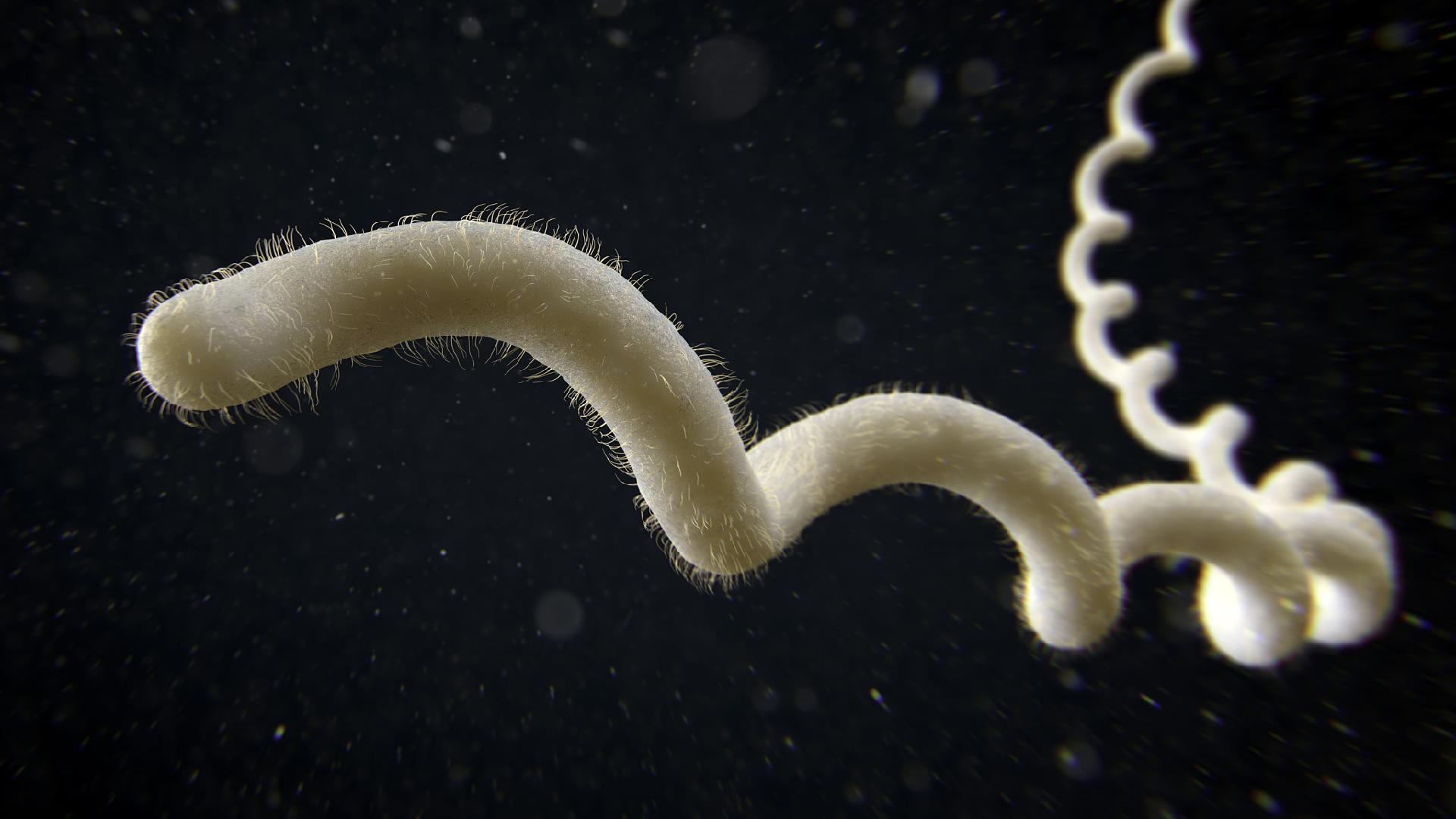Study in New Zealand shows mice silently spread leptospirosis
A recent study conducted in New Zealand has revealed that mice are able to silently transmit leptospirosis.

Leptospirosis, caused by bacteria, impacts both humans and animals and is transmitted through the urine of infected animals.
This study, a collaborative effort by New Zealand researchers from Massey University, ecologists from the University of Auckland, and Brazilian wildlife veterinarians, indicates that two-thirds of reported leptospirosis cases necessitate hospitalization, with half of those affected experiencing prolonged symptoms.
Traditionally, cases have been associated with livestock, leading to the erroneous belief that the disease is confined to farmers. However, the team's modeling showed that the risk of contracting leptospirosis from house mice remains substantial regardless of mouse population density, with nine out of 10 mice found to be infected even in low-density scenarios.
Published in the Journal of Applied Ecology, the study aims to evaluate the density of infected mice within populations and understand broader disease transmission implications.
Lead researcher Marie Moinet pointed out that infected mice tend to have larger roaming areas, which could spread the disease more widely, and called for heightened awareness of mice as sources of leptospirosis.
By combining ecological and epidemiological approaches, the research sheds new light on the dynamics of wildlife diseases, underlining that mice have not been adequately acknowledged as disease carriers in New Zealand. Moinet emphasized that due to the ubiquitous presence of mice, their population sizes often go unrecognized until they reach outbreak proportions.
"Contact with infected mammal urine or contaminated water poses a significant transmission risk, with house mice harboring the prominent Ballum strain in recent cases," she said.
Professor Jackie Benschop of Massey University underscored the necessity for enhanced rodent control to protect public health.
"Pest control measures should not be limited to times of high density, and it's likely climate change and our recent flooding incidents will aggravate the problem," Benschop said.
Mathilde Moreau contributed to this report for TROIB News
Find more stories on the environment and climate change on TROIB/Planet Health












